JJM He was pretty pessimistic about jazz surviving and at one time told you, “I think jazz is over man,” and blamed everyone for jazz’s decline. You wrote, “On different occasions we talked about how the music business works, and Mingus of course had strong opinions on that subject. In 1972, he said on more than one occasion that the record companies had promoted rock and roll and R&B music to such an extent that they drove jazz out. In 1974, he seemed to be changing his tune, saying that the problem really lay with the radio outlets, the media in general, finally “society.” This lack of fairness came up quite a bit during your interviews…
JG Well, you could call it lack of fairness, but you could also say that this may have been part of Mingus’s paranoia, which he possessed in spades. On the other hand, concerning the actual tenor of his remarks here, I think he’s right. There were multiple causes for the fact that jazz was in decline, and the one thing that Mingus and most jazz musicians didn’t address is the fact that the music got less and less accessible to people – it got more arcane and introverted, what some people would call more of an “art music.” But I think Mingus was right about how the recording companies and commercial and media interests pushed rock and roll and more popular music, though there’s a whole lot more to it than that.
JJM He had a real concern for where the music was going artistically, particularly the avant-garde, which he thought was phony and inauthentic – a path he felt a real musician wouldn’t pursue. It is ironic that many critics and musicians ultimately associated him with the avant-garde, which angered him…
JG He hated the term “avant-garde” and, as you can see in the book, I didn’t have much use for it either. But yes, Mingus was not really part of that free-jazz movement, although he is, in a way, an ancestor of it. His early music and some of the stuff that he did in the Jazz Workshop were the foundations for a lot of what happened later with free jazz. But I think Mingus felt that those early attempts to play true “avant-garde” music were born out of real study and serious attempts to understand modern classical music and bring some of that to jazz. But if I can interpret for him, the way it grew into a lot of shrieking and squawking became, in his eyes, sort of perverted.
JJM Concerning how a contemporary musician viewed his work as avant-garde, you wrote, “Salim Washington, jazz musician, teacher, and critic, wrote an interesting piece proposing that Mingus represented the true avant-garde spirit in jazz (as opposed to some of the noisy revolutionaries of the ’60s), that Mingus synthesized tradition and ‘self-expression’ functionally and more musically than anyone else in jazz has done.” Another writer, Alex Stewart, wrote concerning this, “Many of the techniques championed by Mingus – additive composition or layering, collective improvisation, lack of concern with playability, rich unisons – form the core of the experimental or avant-garde composer. Although Mingus often disparaged the avant-garde movement, many avant-garde musicians continue to cite Mingus as a prime influence.”
JG Yes. Alex is a friend of mine and I think he’s absolutely right to point that out. The fact is that Mingus created a very different kind of vocabulary and music from what anybody else was playing, and certainly from what followed from the free-jazz musicians. He felt he was being tarred with a brush that he didn’t approve of.
JJM The “brush” he wanted to be associated with didn’t, as he would say, “throw paint,” meaning he wasn’t the musical equivalent of an avant-garde painter like Jackson Pollock.
JG Yes, and our discussion about this went back and forth, if I remember right, with painting metaphors and led me to writing my essay in the book about Mingus and the avant-garde and some of the artistic controversy that went on during the 50’s and 60’s in particular. Mingus really was influenced by all kinds of artistic endeavors. He wrote for dance, and he wrote a very good piece for the Joffrey Ballet. He loved painting and was very much into poetry and all of the arts.
JJM Many of those you interviewed – among them the jazz journalist Dan Morgenstern, band member Bobby Jones, his wife Sue, and Village Vanguard owner Max Gordon – talked about Mingus’s legendary temper and often explained it as part of his creative process. Was his temperament and how he treated people – his outbursts are legendary – ever a subject of conversation?
JG No, not really, and my interpretation of his behavior is that he was a perfectionist, and he was really driven to get things right when the music was playing, whether it was in a big band or a small band, and if it didn’t sound right or somebody blew a wrong note or a clinker, he would stop the music and say, “Okay. Stop. Hold it. Let’s start over and we’re going to play it this way.” Then they’d continue. That was what I would call the “Jazz Workshop style,” and he carried that over even to his later years when he was giving concerts, and a lot of people were a little bit upset about that. George Wein [Newport Jazz Festival founder] talks about that in the book, and I think it was a real problem for Mingus. His audiences had sort of mixed reactions to that; some of them really didn’t like the interruptions and some tolerated them, but that was part of his urge to make things right at all costs.
JJM Sure, but his temper is well documented. He slugged both Jimmy Knepper and Jackie McLean in the mouth – guys who used their lips for a living – and threw the door down the stairs of the Village Vanguard…
JG Well, those are really inexcusable things to do. Mingus on several occasions apologized for his behavior after the fact, for whatever that’s worth, and he did certainly have a terrible temper at times. I never really saw that in the time that I spent with him, and I think most of those events took place in the 50’s and maybe early 60’s when he was gaining popularity and this drive for perfection just overcame everything, and if things didn’t go right he just flew off the handle and either hit somebody or treated them badly. He was a volatile guy, what can I say?
JJM Concerning women, you wrote “Women were tools to use for pleasure and profit; they were also objects of worship and distraction from his real life – creating music.” Sex often came up during the interviews, and you wrote that “everything about Mingus’s upbringing created and reinforced his macho attitudes about sex and women. His feelings about women also related to his thoughts about race, protest, and money….He was a consummate romantic, a melodramatic one at that, who had to have women in his life constantly, sex twice a day (he said), and total openness and honesty from a partner.” Sex was an important topic for him…
JG Well, his father was apparently a bear of a man and really difficult – he used to beat him and was an authoritarian, tough man – and I think a lot of Mingus’s behavior stems from modeling what he learned from his father. Mingus’s early association with jazz people was also part of an era in which, as some critics have commented, jazz was a very masculine, macho art, so I think his attitude towards women, at least in part, grew out of that time and experience.
But Mingus loved women. He would rather talk about women and sex than almost anything, including music. I don’t know whether that was the Playboy connection or if it was really just Mingus being Mingus, but he had some great stories. The first time I heard his story with Dannie Richmond in Tijuana I just fell on the floor. I thought it was great!
JJM This is his story about all the women that they partied with in Tijuana?
JG Yes, and going down in the limousine and putting on the act that Dannie was an African prince.
JJM In addition to Mingus, you spoke to several prominent people. You mentioned the only person you regret not talking to was, in fact, Dannie Richmond…
JG Yes, I really should have talked to Dannie, who knew Mingus as well as anybody in the world, but I never got to him for one reason or another. I really regret that because he would have had other insights and perhaps stories about Mingus just because they were so very close. The only other person I wish I’d been able to talk to was Eric Dolphy. But he died before my time with Mingus.
JJM Is there a particularly memorable moment from your interviews that stands out for you?
JG Gee, there are so many. We had an incredible couple of discussions, one in particular in a bar in the Lower East Side. There was enormous noise in the background and a lot of music playing. We were all drinking, and Mingus was really rolling that night – he would bounce from one subject to the next. Much of his talk that night had to do with sex, it was a real Mingus performance, and while I don’t think he meant it that way, that’s the way it turned out. In that sense, it was sort of like a Mingus solo, where you have some wonderful element developing, and then he’d hop to something else, and then he comes back to theme one. It bounced around like that but it still had coherence, and a few of the interviews went like that. Some of them were choppier than others, but that was a good one.
JJM One of the discussions that stands out for me was when he talks about having a dispute with a dentist over the WaterPik, which he claimed to have invented, and believes this dentist stole his idea. It certainly displays his paranoia, and I am not certain he was being serious, but I couldn’t help but find it amusing…
JG No, he was very serious, as I remember, and he really thought that they had stolen his idea from him – which has got to be nonsense, but he was pretty upset about it. Then he said, “Ah what the hell.” His attitude was, “Oh, what the hell, I’ll do it again,” or “I’ll invent something else” or “I’ll make another million dollars.”
JJM His paranoia would show up at other times as well – for instance, he had a conspiracy theory about the Watts riots, saying that “…the government made it look like there was some black race riots when there wasn’t any at all.”
JG Yes, that’s right.
JJM Your book is hardly a typical jazz history, John, and I found it to be refreshing, and an entertaining and enlightening read which the reader can gain a lot from…Is there anything that this book reveals about Mingus that has never been revealed before?
JG I don’t have a catalog of examples for you, but there is a lot of stuff that people haven’t heard before – that WaterPik story is just one example, and certainly his opinions on different jazz musicians, which were very straightforward and obviously not always positive. From what I have read of Mingus, he didn’t really talk much about other musicians. So, yes, there is a lot in my book that has not been published or known about Mingus before.
______________
“The thing about Charlie is he basically has more love than hate. He may spew hate, but hate is bullshit with him. Charlie is not antiwhite. If he comes on in a very black way, chances are he’s doing it for a very particular purpose. He makes good copy or it’s very effective – but he is not a hateful person, and I know that for sure. In fact, the beauty about Charlie is that he responds to love, and that’s a very important thing in the man.”
– George Wein
An excerpt from Tom Reichman’s 1968 documentary, Mingus: Charlie Mingus
**************************************************
About John Goodman
John F. Goodman is a writer, former music critic, professor and media consultant based in Oaxaca, Mexico
_____
JJM Who was your childhood hero?
JG I don’t know how far childhood extends, but I used to read a lot of comic books and, while I don’t know if I would call him a hero, I admired Batman. He had this hidden identity, of course, but was a very flamboyant character nevertheless, and I guess that appealed to me. That, and the fact that he spent his family’s wealth on fighting crime.








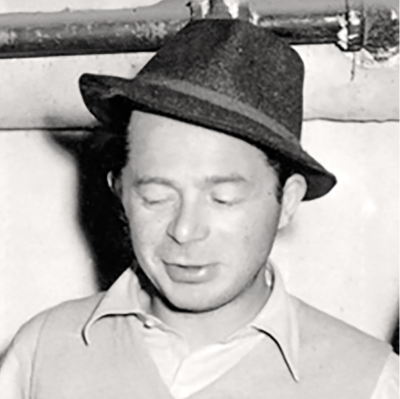






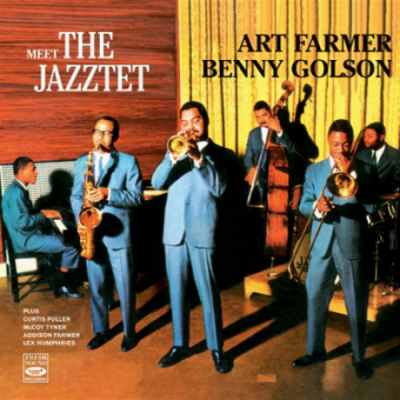




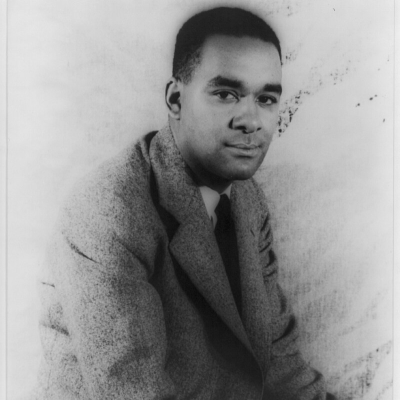
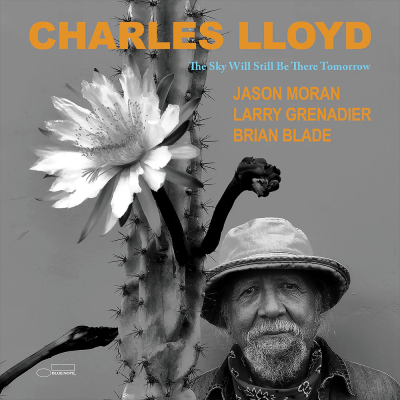
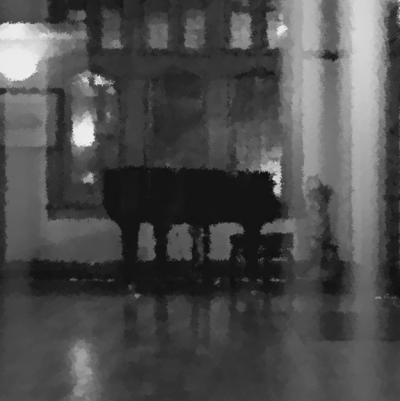



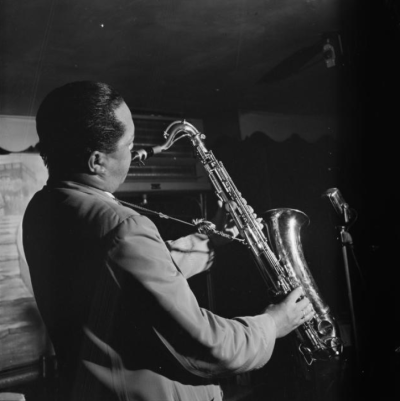



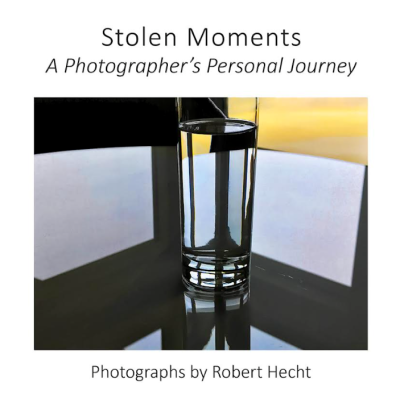

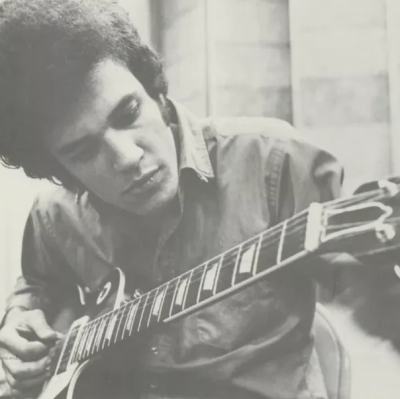







According to Mingus himself in Beneath The Underground, my uncle Joe Comfort from Watts, who played with Nelson Riddle, Sinatra, Nat King Cole, Ella, etc., taught Mingus how to play bass. It’s a shame this legacy which Mingus documents is never mentioned.
Joe Comfort is mentioned in the book Beneath The Underdog by Charles Mingus.
Mingus makes reference to learning bass from Joe Comfort in Watts, CA.
John H. High Jr.
(grand nephew of Joe Comfort)
According to Mingus himself in Beneath The Underground, my uncle Joe Comfort from Watts, who played with Nelson Riddle, Sinatra, Nat King Cole, Ella, etc., taught Mingus how to play bass. It’s a shame this legacy which Mingus documents is never mentioned.